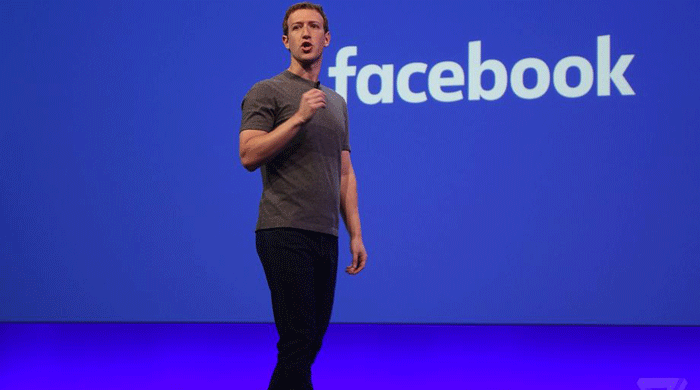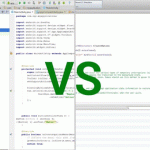Facebook has been under the spotlight following the results of this week’s presidential election. While Mark Zuckerberg has dismissed claims that his company has unduly influenced the election, others at Facebook are beginning to look closely at their role in the media landscape, according to The New York Times.
Last night, Zuckerberg posted a lengthy status update to his page, outlining his thoughts on his company’s role in the election, noting that “99 percent of what people see is authentic. Only a very small amount is fake news and hoaxes.”
99 percent of what people see is authentic
According to The New York Times, several senior officials at the company began chatting internally late Tuesday evening, “questioning what [Facebook’s] responsibilities might be.” This election appears to be a wakeup for the company, which has seen itself itself as a blank slate for anyone to express themselves and their views. Earlier this week, the company did admit that it has “more work to do” when it comes to combatting misinformation, even as it attempts to avoid becoming a referee.
Zuckerberg noted that Facebook has launched an initiative to allow users to flag fake and hoax stories, and that it has more work ahead of it. However, he pushed back on the idea that the company was in the media business, responding to one commenter that “news and media are not the primary things people do on Facebook, so I find it odd when people insist we call ourselves a news or media company in order to acknowledge its importance.”
62 percent of Americans got some news from social media
Despite Zuckerberg’s comments, social media is becoming a major way in which people get their news, according to a PEW research report released earlier this year. The report found that 62 percent of Americans got some news from social media, with 18 percent receiving most of it through social media channels.
While many at Facebook believe that their work has a positive impact on the world, they also appear to be grappling with how information is shared and displayed across the social media site. The company has faced several challenges this year, such as editorial bias in their trending topics team and the removal of a historic war photo. The company faced further problems after it terminated the editorial team responsible for trending topics in favor of an automated selection, only to find that fake stories were being delivered to users.
Despite Facebook’s efforts to take steps to limit the flow of misinformation, Zuckerberg noted that this isn’t a straightforward task: some information can be debunked outright, other stories can be more difficult to parse. However, there are excellent resources resources out there that are already combatting online hoaxes and fake news reports that Facebook could use to guide it: Snopes, which researches a wide range of memes and articles to assess their accuracy, and PolitiFact, which has been fact checking politicians for years. While Facebook might not believe that they have a problem with misinformation, they should look at the number of times someone posts a comment pointing to a Snopes article.



